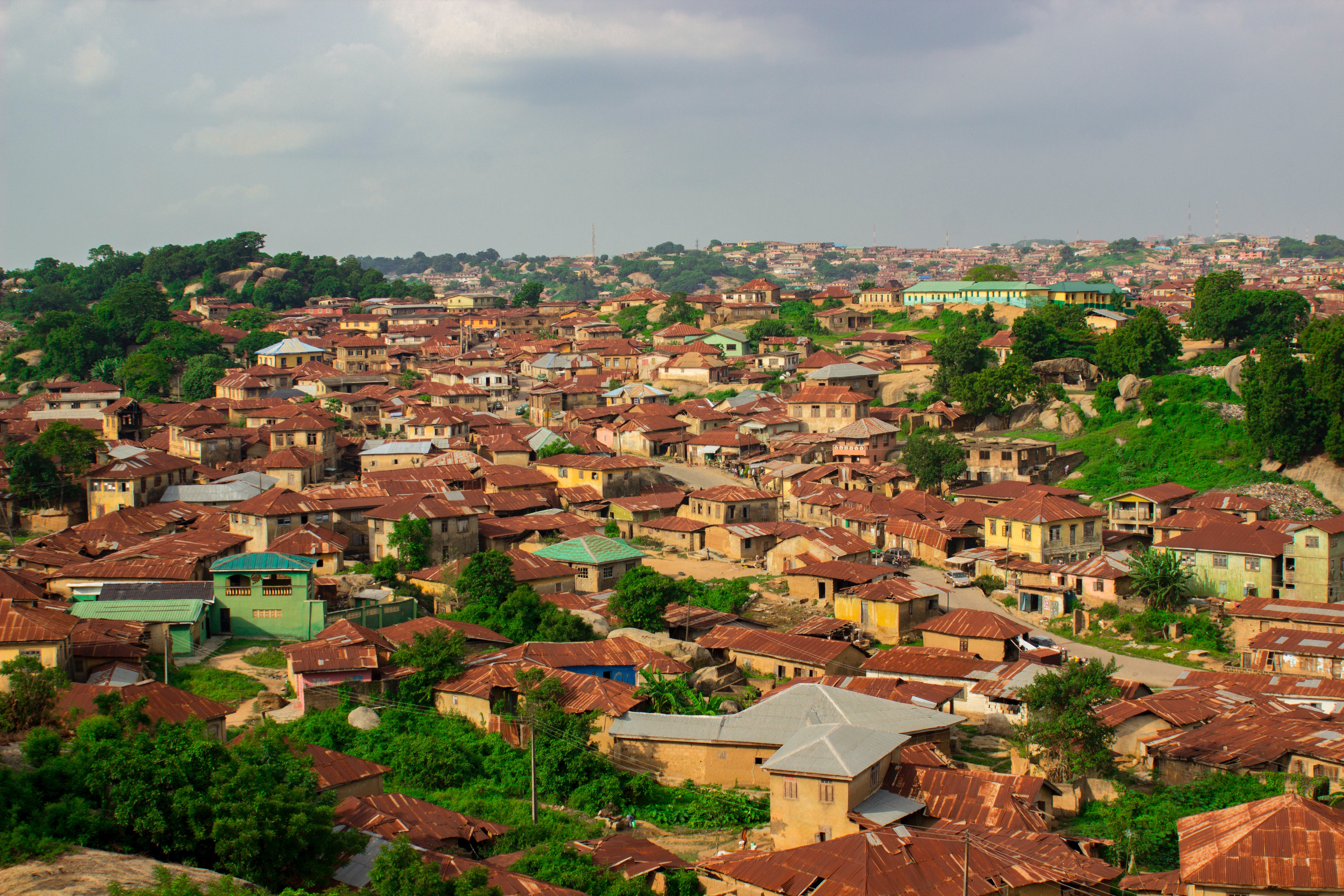
Name of the Asset | Doing Research in Nigeria: bridging the research gap and improving development policies
Type of Asset | Research report
Date | September 2020
Summary
Achieving the global sustainable development agenda at the national level requires significant domestic research capacity. This will help to ensure the production of scientific evidence that is based on critical analyses of each country’s social, development and policy challenges. Such evidence will help to inform contextually relevant actions and reforms for economic growth, development and welfare. However, detailed system-wide data on the social science research (SSR) system is scarce in sub-Saharan Africa, and this hinders effective policymaking. While international agencies like the UNESCO Institute of Statistics routinely gather data, such efforts still rely on locally generated information.
In Nigeria, unfortunately, there have been no systematic efforts to generate data on the domestic Social Science Research (SSR) system since independence. To date, only one national survey of research and development has been carried out in Nigeria (in 2007); it used instruments and methods based on the well-known Frascati Manual of Europe. However, the survey aggregates the entire research landscape and pays no particular attention to social science. Hence, useful indicators such as human capital, research production, infrastructure, diffusion and uptake of SSR cannot be obtained from this survey. The Doing Research Assessment (DRA) in Nigeria was aimed at systematically understanding how critical factors of the national research system impact its capacity to produce, diffuse and use SSR for its social and economic development. This assessment was conducted by the National Centre for Technology Management (NACETEM) research team during the course of 2019.
The research process employs a mixed method approach that involved three inter-related stages: a context analysis, a systematic mapping of stakeholders and a comprehensive data collection exercise. The context analysis provides a critical discussion of the environment for SSR in Nigeria, with a focus on the political, international, economic and historical dimensions. The stakeholder mapping was used to identify all stakeholders that engage in activities connected to the production, diffusion and use/uptake of SSR in Nigeria. For ease of analysis, the research actors are categorized into higher education institutions (HEIs), government and funding agencies (GFAs), private sector (PS) entities, and civil society organizations (CSOs).
The primary insight is the sheer scale of the Nigerian SSR system. This study identified almost 2,000 organizations that engage in SSR production, diffusion, uptake or any combination of components including 170 HEIs, 75 GFAs, 65 PS organizations and 1,515 CSOs. The data collection combines a desk review, bibliometric analysis, key informant interviews and a set of three surveys – one each for researchers, administrators and policymakers. In all, we interviewed 17 key informants (5 from HEIs and another 3 from research institutes; 3 from GFAs; 3 from CSOs; and 3 from PS organizations) and surveyed 805 individuals from 130 organizations across the country, including 585 researchers, 145 administrators and 75 policymakers. The response rate was 90 percent at the institutional level and 85 percent at the individual level.
Authors
- Abiodun Egbetokun, Principal Investigator (aaegbetokun@gmail.com)
- Adedayo Olofinyehun, Project Manager (dayo4excellence@gmail.com)
- Aderonke Ayo-Lawal (ayoronkelawal@gmail.com)
- Omolayo Oluwatope (omolayooluwatope@gmail.com)
- Maruf Sanni (marufsanni@yahoo.com)
- Utieyineshola Yusuff (yusuffshola@yahoo.com)
Country and/or Region | Nigeria
Name of the Program | GDN’s Doing Research for Measuring the Production, Diffusion, and Use of Social Science Research
Funder(s) | The current phase of the Doing Research program is being funded by GDN’s core funds. The Doing Research pilot phase was generously supported by the Bill and Melinda Gates Foundation, Agence Française de Développement, French Ministry of Foreign Affairs and International Development, and Swiss Agency for Development Cooperation for US$785,000 from 2014-2016.
- Download the Nigeria Doing Research Assessment Summary and conclusions | Full Report
- Find other resources about Doing Research in Nigeria
- Learn more about the Doing Research program
If you cite this resource, please notify communications@gdn.int with the subject line 'GDN citation'.
To support this work, please contact Francesco Obino, Head of Programs on fobino@gdn.int
About the program | Structure & Partners | Methodology | Evidence & Resources | Country Content | Connect with us
